Overheard at CSW, UN’s largest annual gathering on women’s rights
Date:
More than 5,200 women and men representing civil society, along with at least 1,850 delegates from governments attended this year’s Commission on the Status of Women (CSW), the UN’s largest gathering on women’s rights issues.
Since the Commission started on 11 March, governments and civil society organizations have debated and negotiated over the theme, which focused on what it would mean for countries to ensure social protection, public services and sustainable infrastructure that promote rights and equality of women and girls. Hundreds of side events and the official meetings covered the varying experiences of women all over the world and gave a platform to the advocates who are speaking out in their communities. UN Women serves as the Secretariat for CSW.
Read in their own words what they want out of this CSW, and what they're looking forward to in 2020, when the world will mark the 25th anniversary of the Beijing Declaration and Platform for Action, the most visionary agenda for the rights of women and girls everywhere.
What we want from CSW
Coordinator, Gender and Economic, Social, Cultural and Environmental Rights Programme, Simone de Beauvoir Leadership Institute, Mexico
“CSW has been an opportunity to reflect on how the States provide social security for different groups of women, the ones that work in the formal sector but also in the informal sector. And also, the women that work in the households with no social security access. We are able to see how the States addresses different topics related with women and social security, and also how infrastructure affects the different kinds of women. I would like CSW to recommend the States to have a broad conception of work and a broad conception of social security for all the different women living in our countries.”
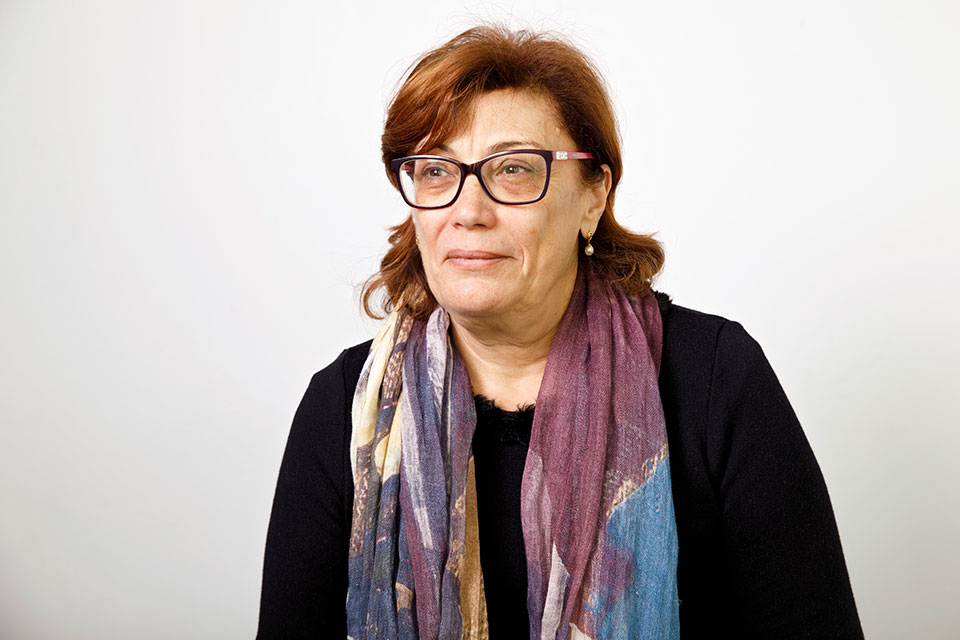
Programme officer, Lebanon Family Planning Association for Development and Family Empowerment, Lebanon
“There's still discrepancies between what the high NGOs want and what the local NGOs are asking for. Please listen to us, because we know the context; we know the needs and priorities. And we want to identify the priorities, we want to put together the agenda. We should be full partners, not just implementing partners. We want more recognition for women-led civil society organizations.”
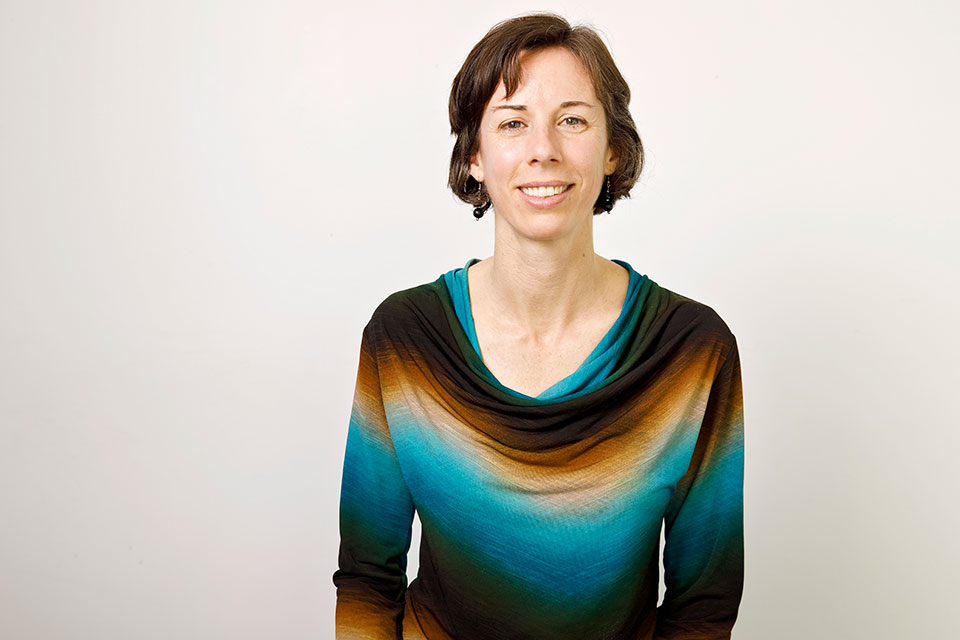
Violence Against Women and Girls Prevention Specialist, Beyond Borders, Haiti
“All women and girls need access to social protection, public services and sustainable infrastructure. This means recognizing that all women and girls are not the same, and that intersecting power imbalances limit their access and their experience of equality in different ways. For example, women and girls living with disabilities have less access to the existing support services available for women and girls who experience violence. I would like to see a comprehensive plan that includes specific language and budget commitments to address these intersecting power imbalances. This would include, for instance, long-term community-based prevention efforts to change social norms and support social protection; inclusive support services for women and girls experiencing violence; and meaningful inclusion of women and girls living with disabilities (and other groups of women and girls facing multiple forms of oppression) in leadership positions in country plans toward sustainable infrastructure.”
What are the challenges
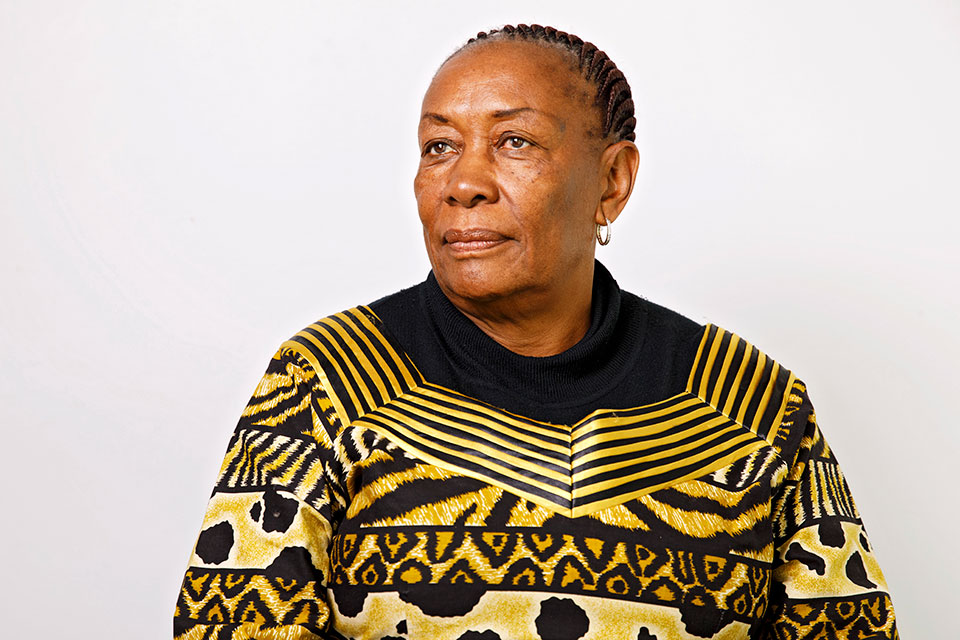
Managing Director, Kilimanjaro Women Information Exchange Community Organization, Tanzania
“There is a shrinking space for civil society and that’s affecting the work we do. If we can’t continue the work, people will lose confidence. Right now, we are being urged to develop projects which will ensure that we multiply the voices of women. But how do you reach that many women and build that movement without resources? How is CSW going to engage with governments so that they see the importance of allocating budget for social protection, public service and infrastructure?”
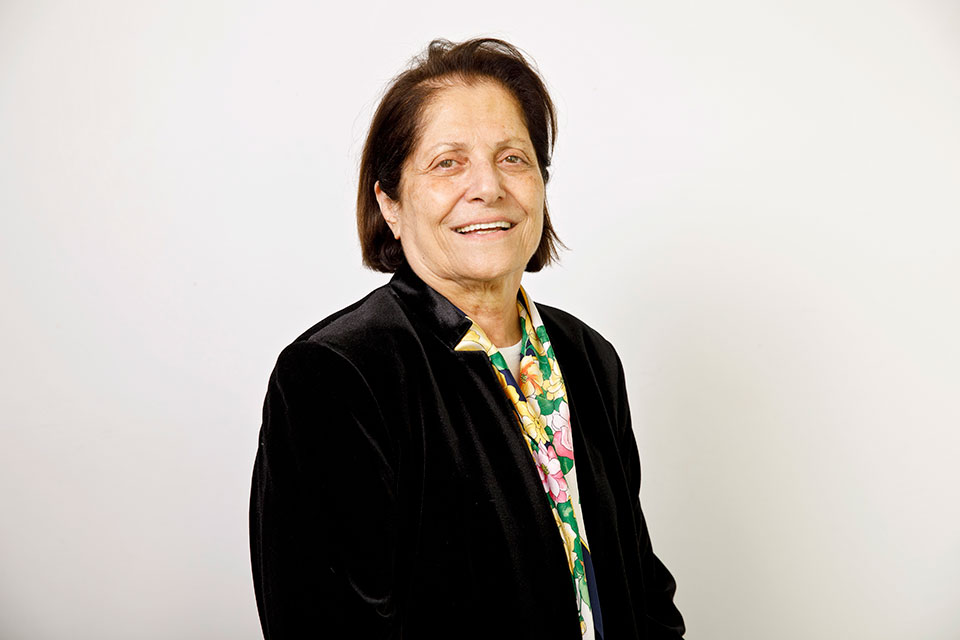
Director of Programs, Arab Women Organization of Jordan
“Last year, we launched a big campaign in Jordan to ask mothers not to marry off their girls early. In Jordanian rural areas 17 per cent of little girls [are married before age 18] whereas in refugee camps it is 39 per cent! This is a [coping] mechanism for the refugees; they marry the girls to protect them. But this is not a protection because they lose their education, their health and in future if they have any trouble, they cannot work…We are working hard to tackle this issue and we are calling for peace and women should be part of peacebuilding and conflict resolution.”
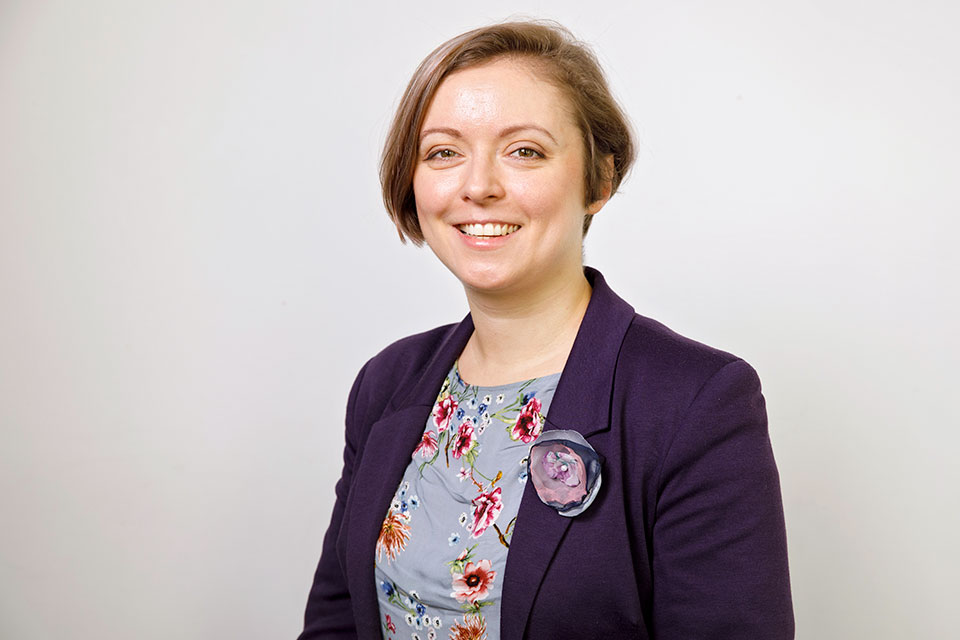
Co-founder, Theatre for Dialogue, Ukraine
“The laws are often made for just two [broad] groups of people—men and women—without any specifics. Single mothers face very specific challenges in Ukraine; displaced face specific challenges. We are still living in men’s world, where men are supposed to work outside and bring back a living wage, while childcare is left over to women. During the conflict in Ukraine, new challenges have risen for women, like taking care of elders and children. They can’t afford to pay for kindergarten; they don’t have access to family networks whose support is so critical to manage childcare. When you’re displaced in a community, you’re cut off from your network, you’re left hustling alone without anybody to help. Economic vulnerability takes over and it takes a long, long time before establishing connections within the new community.”
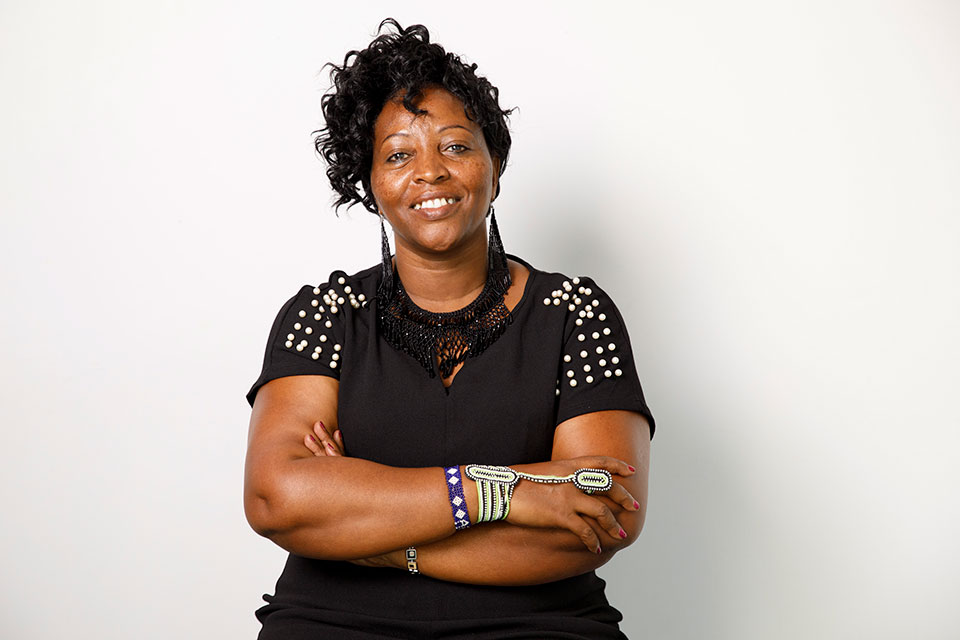
Founder and Executive Director, Il’laramatak Community Concerns, Kenya
“Economic challenges, illiteracy and climate change issues are affecting pastoralists communities. Most of them are becoming poorer and poorer. Especially now with climate change, women pastoralists face a number of challenges—access to firewood, the distances that they have to walk to get water… The shrinking land because of population means that they don’t have access to food, so food security also becomes an issue. [Traditionally] women do not own land, so the only economic activities that women have is milking cattle and selling that. About 70 per cent of indigenous women are still illiterate. Some of them will put the girls up for circumcision and have them married off from the age of 12. For pastoralists communities, cows mean everything. When families marry off girls, they get cows in return. It's almost like you are selling your daughter.”
25 years of the Beijing Platform for Action
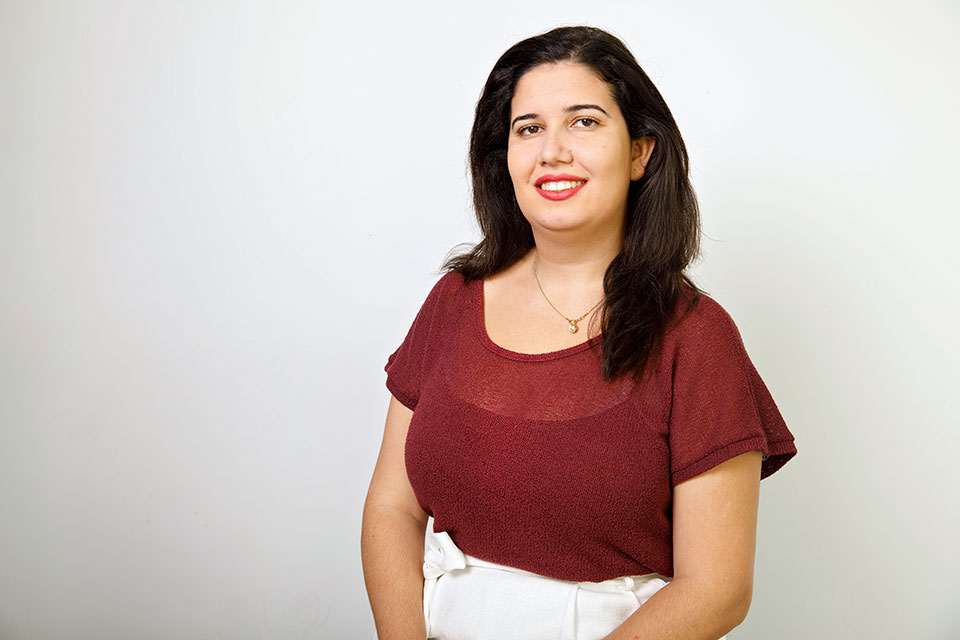
Member of Curumim, and Member of the Articulação de Mulheres Brasileiras, Brazil
“The Beijing Platform for Action placed sexual and reproductive rights as fundamental human rights. It advanced the implementation of specific public services for women who experience violence and access to legal abortion, for example. However, [today], many women do not have access to sexual and reproductive rights. We hope that we get government commitments for sustainability and for our rights not to be withdrawn, [particularly] the social protection of women.”
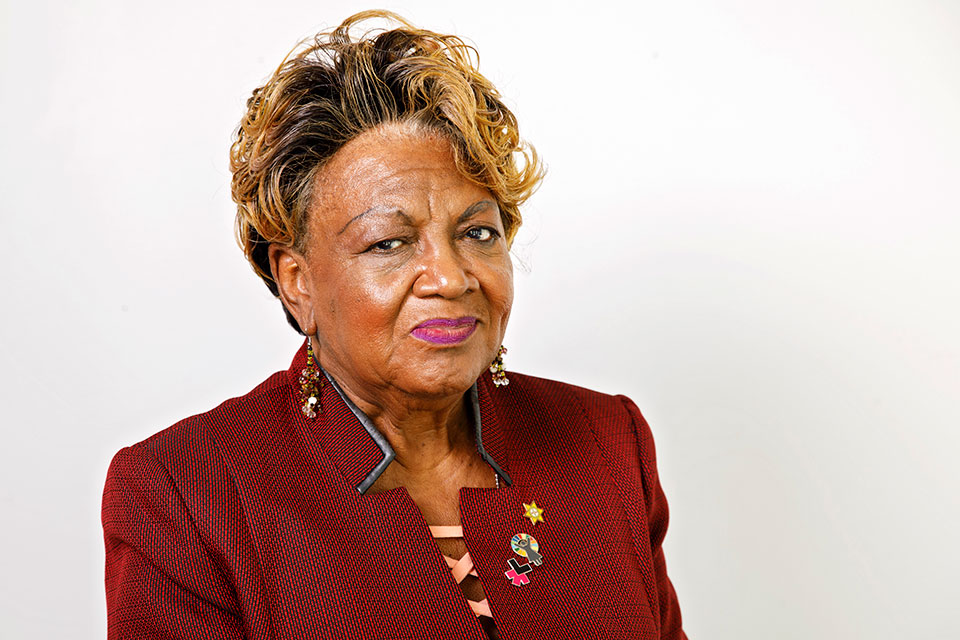
President, Rural Women Producers of Trinidad and Tobago
“We need to reflect on what happened in the past so that we can move forward, not only for ourselves, but also for young people. The women who attended the [Fourth World Conference of Women] fought for the rights of women so that you today you can enjoy those rights. We still need to have women working together. We need equal pay, equal opportunities and growth for our women and girls. We need to build capacity for both women and girls.”
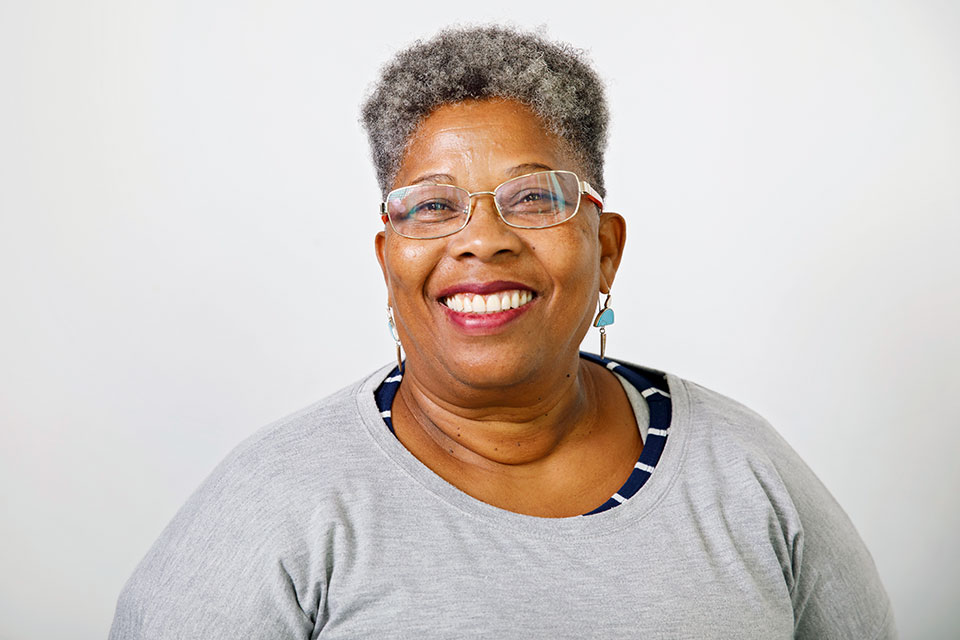
Executive Coordinator of ODARA – Instituto da Mulher Negra, and coordinates the Rede de Mulheres Negras do Nordeste do Brasil, Brazil
“I’ve been part of the movement for 40 years now. Being a black woman in Brazil inspired me. My message to young black Brazilian women: It’s necessary for the young to take Brazil in your hands; make the Brazil you want. We are the solution in Brazil, not the problem. I will go back to Brazil and we will begin the review process of Beijing+25. We will map everything that progressed… [and] we will spread the idea in each black woman in Brazil. This is a strategy we used at the march [Marcha de Mulheres Negras in 2015]—we talked with each woman and mobilized women individually. We will have the same strategy with Beijing+25. It’s important to get the discussion to grassroots, to the women themselves.”